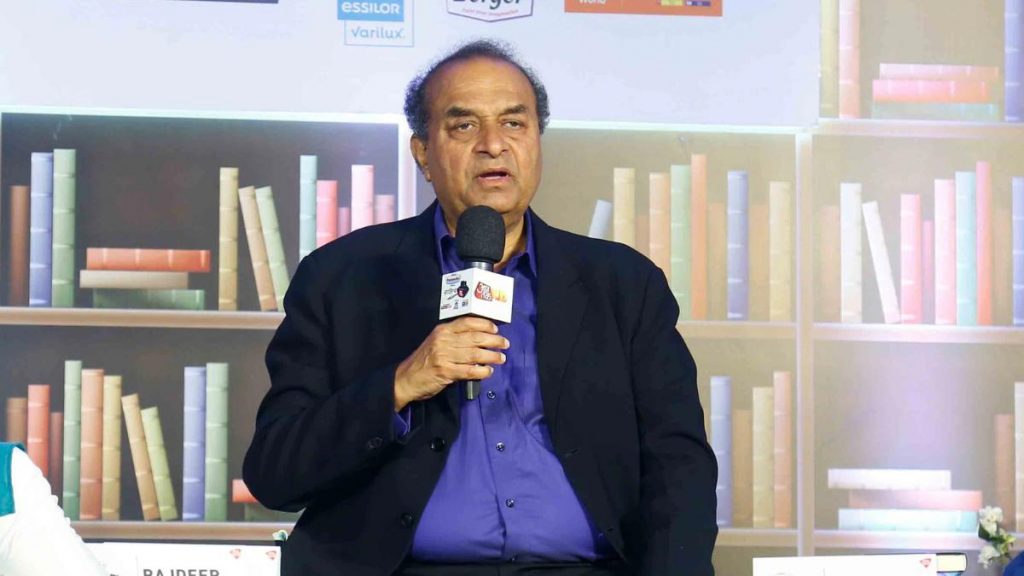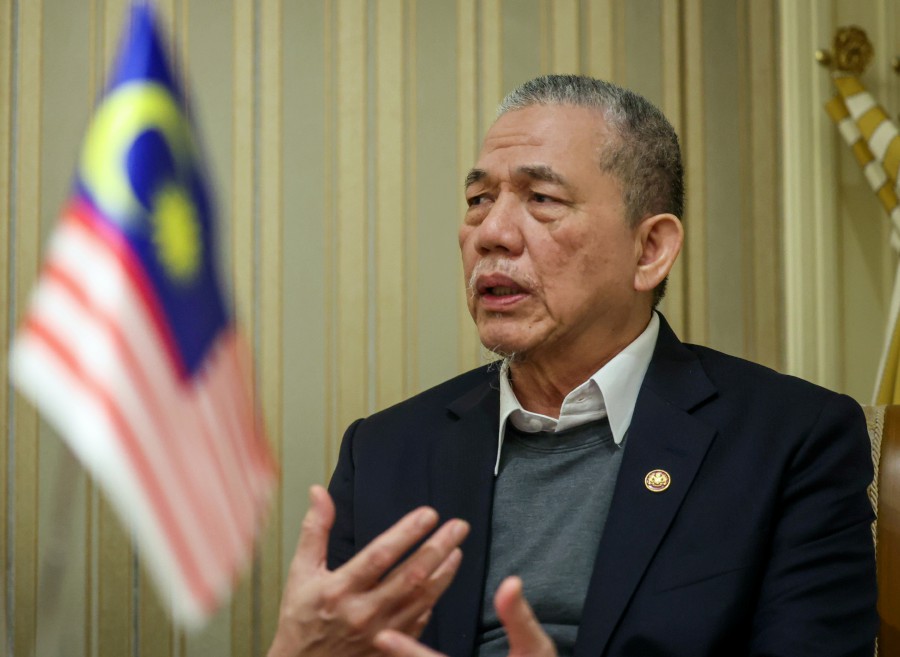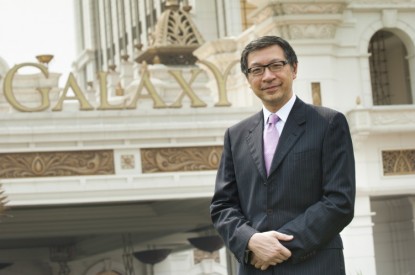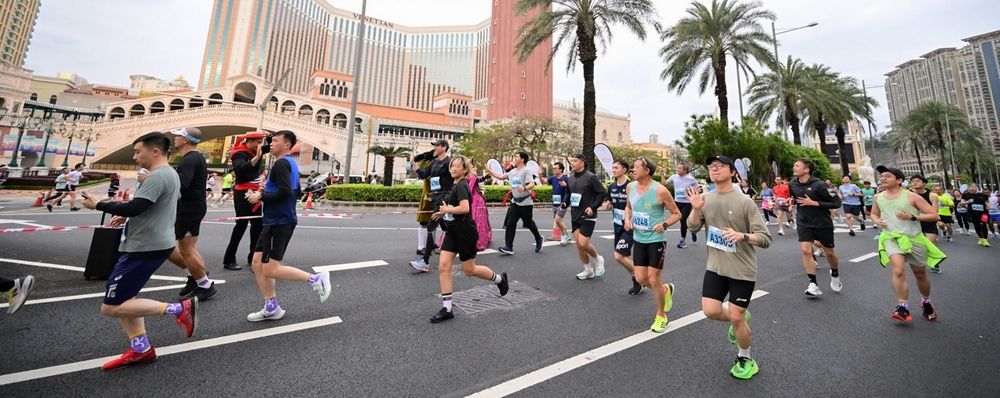In 2023, the government collected ₹1,200 crore in Goods and Services Tax (GST) from digital gaming platforms, highlighting the sector's growing economic importance despite persistent social concerns. Recently, the Supreme Court of India initiated high-level consultations focused on establishing protective measures for minors and youth involved in real-money gambling online.

Studies indicate that about 23% of urban adolescents participate in or know someone involved in online betting games. In 2022, over 100 suicides were linked to gambling losses, underscoring the urgent need for effective safeguards.

Mukul Rohatgi, representing the Indian Federation of Fantasy Sports (FIFS) ,defended the industry during the Supreme Court hearings. He argued that digital fantasy games are skill-based competitions rather than pure gambling, invoking constitutional protections of trade and occupation.
Seven Deaths, One State, No Control: Telangana’s Online Betting Crisis Explodes
Rohatgi emphasized that inconsistent state-level bans create legal uncertainty and negatively affect thousands of workers. He advocated for centralized regulation that acknowledges the difference between skill and chance, citing academic research and international precedents supporting this classification.

The current legal ambiguity arises from India's gambling framework, particularly the Public Gambling Act of 1867, which prohibits wagering without clear definitions regarding digital skill-based games. The line between games of chance and skill is critical for regulatory jurisdiction and enforcement. The FIFS challenges states’ authority to impose bans on fantasy sports, instead proposing harmonized national regulations aligned with constitutional commerce clauses and recent judicial opinions favoring skill-based classifications.
Economically, the sector’s significant GST contributions reveal governmental dependence on this revenue, complicating enforcement priorities.

Additionally, ongoing promotional campaigns featuring Bollywood celebrities enhance cultural acceptance, raising ethical concerns about youth exposure and potential manipulation via behavioral addiction techniques. The lack of stringent age verification and addiction controls increases risks to mental health, foreshadowing potential long-term social costs that may require costly interventions.
As judicial consultations progress, India faces a pivotal regulatory crossroads to balance booming gaming revenues with adequate youth protections, navigating between economic interests and safeguarding public welfare.






































